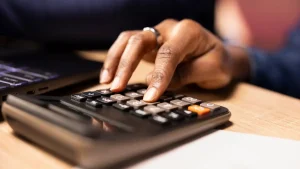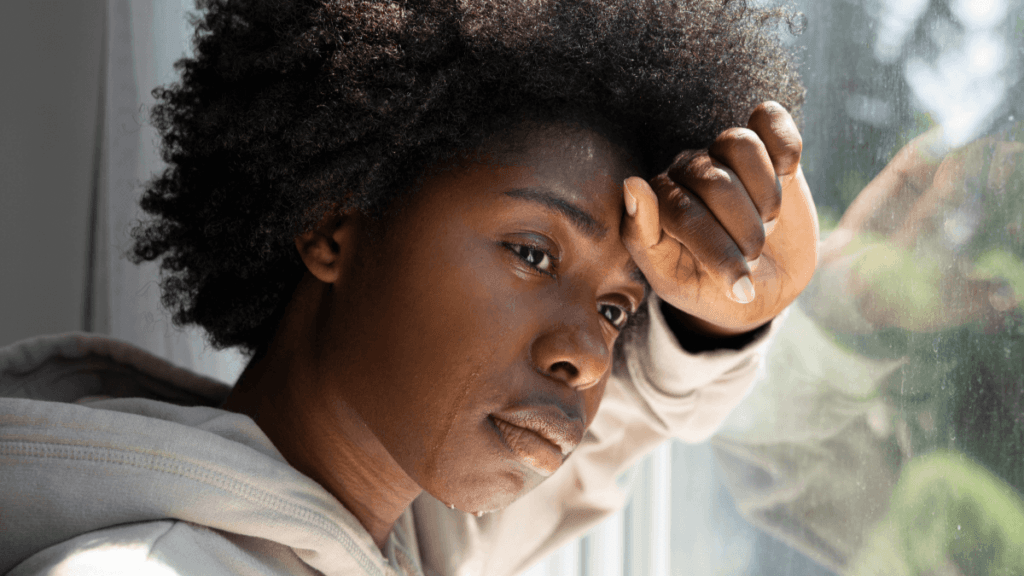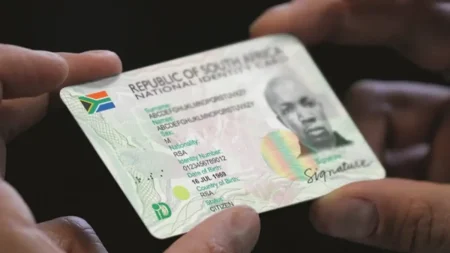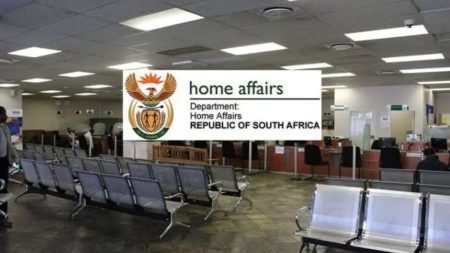Domestic violence is a serious problem affecting many South Africans, regardless of their background or community. If you or someone you care about is experiencing abuse, reporting domestic violence to the police is a crucial step toward safety and justice.
Although the thought of going to the police station can feel scary or overwhelming, knowing what to expect when reporting domestic violence can help you feel more confident and supported throughout the process.
1. You Are Not Alone — Help Is Available
Taking the step of reporting domestic violence is an act of courage and important for your safety. South African law protects victims under the Domestic Violence Act (No. 116 of 1998), and police officers receive training to handle reporting domestic violence cases with sensitivity and respect.
When you report, you will be treated with dignity and care — you are not alone.
2. Arriving at the Police Station
When you arrive at the police station for reporting domestic violence, go to the front desk or reception and tell the officer you want to report a domestic violence case. You may be directed to a Domestic Violence Unit (DVU) or an officer specially trained to assist victims.
Many police stations have dedicated spaces or personnel to support you through reporting domestic violence.
3. What You Will Be Asked
The police officer will ask questions to understand the abuse during reporting domestic violence. This includes:
The type of abuse (physical, emotional, psychological, sexual, or financial)
When the abuse happened (dates and times)
Any injuries or medical treatment you’ve received
Details about the abuser (name, relationship to you, contact information)
Answer only what you feel comfortable sharing. There is no judgment, and your honesty helps the police protect you effectively when reporting domestic violence.
4. Medical Examination and Collecting Evidence
If you have injuries, the police will advise you to go to a clinic or hospital for a medical examination as part of reporting domestic violence.
This is important for your health and provides evidence for your case. The police can help arrange transport or accompany you if you need support.
5. Opening a Case and Getting Protection Orders
Once you have made the initial report during reporting domestic violence, the police will open a case file, officially starting the investigation. You can also apply for a protection order, a legal document that prevents the abuser from contacting or harming you further.
The police will assist with this process or refer you to social workers or legal aid services who can help.
Learn More: Applying for a Protection Order: Protect Yourself from GBV
6. Support Services and Referrals
Police stations often work closely with social workers, community groups, and NGOs to provide support during and after reporting domestic violence. These organisations offer counselling, shelter, and legal advice. Don’t hesitate to ask the police about these support services — they exist to help you heal and rebuild your life.
Learn More: Comprehensive Guide to GBV Support Services in South Africa
7. Your Rights During the Process
Confidentiality: Your information during reporting domestic violence will be kept private to protect your safety.
Safety: The police must prioritise your protection and take steps to stop further abuse.
Non-Discrimination: You will be treated fairly, regardless of your background, gender, or relationship to the abuser.
Right to Be Heard: You can ask questions and will be kept updated about your case.
8. What to Bring When Reporting Domestic Violence
Bringing these items when reporting domestic violence can make the process smoother, but don’t worry if you don’t have everything:
Your ID or passport
Medical reports or photos of injuries
Details of previous abuse incidents
Contact details of any witnesses
9. After Reporting Domestic Violence: What Happens Next?
After reporting domestic violence, the police will investigate your case. They may interview witnesses, collect evidence, and possibly arrest the abuser if there is enough proof. You may be asked to attend court to share your story.
Many organisations and legal aid clinics can help you prepare for court appearances following reporting domestic violence.
You Deserve to Be Safe and Supported
Reporting domestic violence is never easy, but it is a vital step toward protecting yourself and seeking justice. Police stations in South Africa are becoming better equipped to handle these cases with care, and many officers are ready to help without blame or shame. Your safety and well-being matter.
If you or someone you know is in immediate danger, call the South African Police Service emergency number 10111 or the National Domestic Violence Helpline 0800 150 150.
Remember: Help is available, and you do not have to face this alone.
Authoritative Sources for More Information:
South African Police Service (SAPS) Domestic Violence: saps.gov.za
Department of Justice and Constitutional Development – Domestic Violence: justice.gov.za
Gender-Based Violence Command CentrGBV Se (24/7 Support): 0800 428 428










